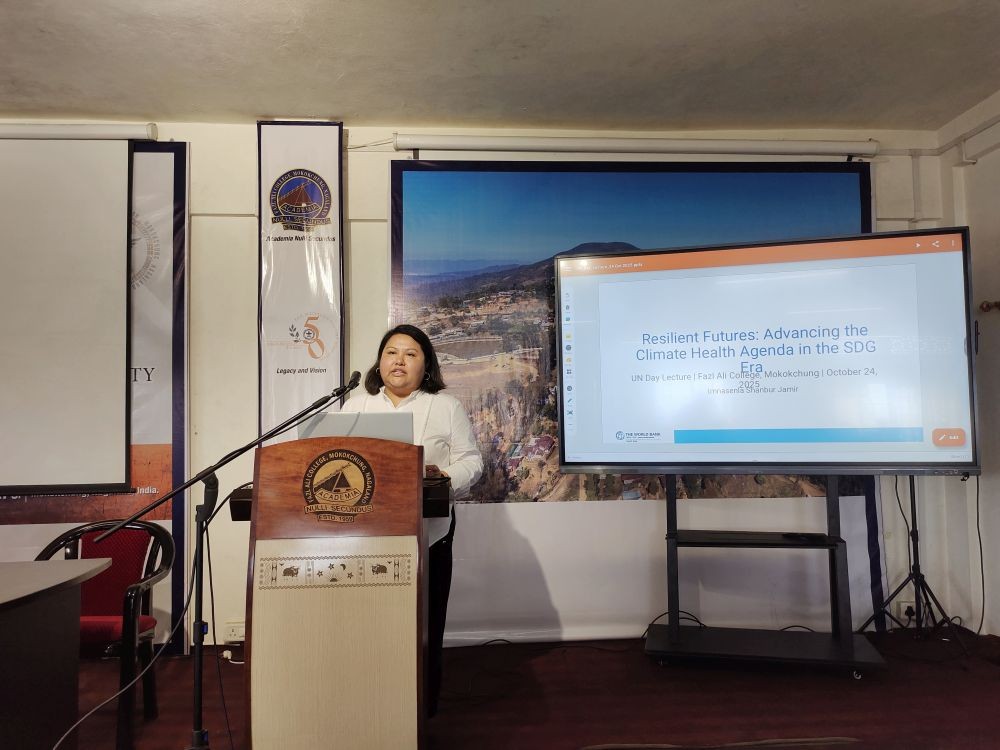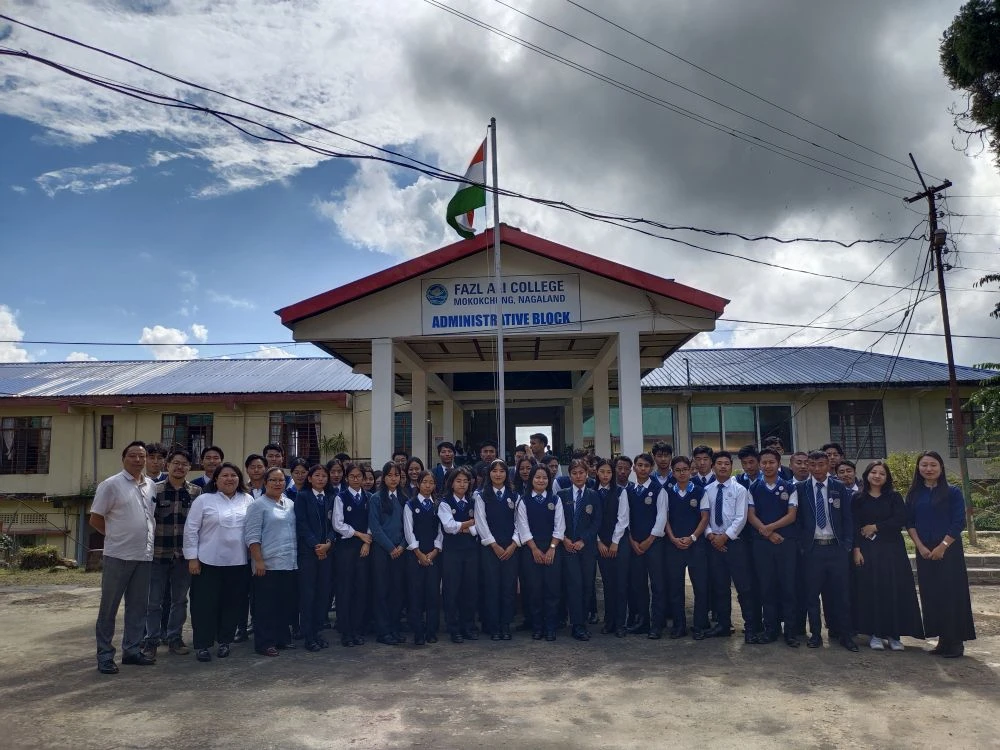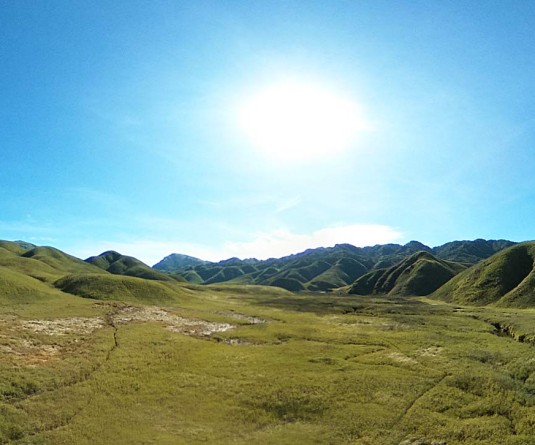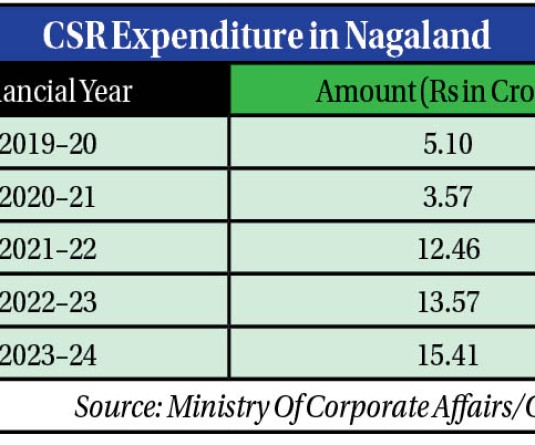World Bank consultant Imnasenla Shanbur Jamir addressing students during the 7th Annual UN Day Lecture at Fazl Ali College, Mokokchung on October 24. (Morung Photo)

Fazl Ali College’s UN Day Lecture: World Bank consultant Imnasenla Shanbur Jamir calls for a systems-based approach to political science in the SDG era
Morung Express News
Mokokchung | October 25
Political science, long centred on the study of state institutions and political authority, must now reposition itself within the expanding architecture of governance systems that directly shape human well-being — from health and finance to environment and technology.
This was the central argument advanced by Imnasenla Shanbur Jamir, Technical Consultant with the World Bank’s Health, Nutrition and Population practice, during the 7th Annual United Nations Day Lecture organised by the Political Science Association (PSA) of Fazl Ali College, Mokokchung, on October 24.
Delivering a lecture on “Resilient Futures: Advancing the Health-Climate Agenda in the SDG Era – Reflections on UN Day,” Jamir observed that the practice of governance in the 21st century has become deeply interdependent, requiring new analytical tools that transcend traditional disciplinary boundaries.
“Political science must move beyond studying power to improving the systems that shape people’s lives,” she said, arguing that the discipline’s relevance now lies in its ability to interpret, design, and reform the mechanisms through which governance operates.
Governance in Practice
Drawing on her work with the Department of Health and Family Welfare, Government of Nagaland, Jamir outlined the Results-Based Financing (RBF) initiative launched in 2017 under the World Bank’s health programme. The model links financial incentives to performance indicators such as institutional deliveries, maternal care, and improved service quality.
Implemented within the framework of Nagaland’s Communitisation Act, which devolves responsibility to community institutions, the programme encourages participatory management and gender inclusion. The mandatory appointment of women as co-chairs in local health committees, she said, strengthened both accountability and leadership at the grassroots.
“These models show how the abstract principles of governance acquire meaning when communities are empowered to co-govern their institutions,” she said.
Climate and Health: A Governance Imperative
Jamir also discussed findings from a climate–health vulnerability assessment conducted across Mon, Dimapur, and Phek districts, which revealed a growing relationship between climatic variability and the incidence of vector-borne and respiratory diseases. Rising temperatures and shifting rainfall patterns, she said, are already altering the landscape of public health.
“Climate change is no longer a purely environmental issue,” Jamir noted. “It is a governance challenge that tests the adaptability of our health and administrative systems.”
The study, she added, highlights the need for data-driven planning, institutional preparedness, and cross-sectoral coordination to strengthen resilience in the face of environmental volatility.
Repositioning Political Science Education
Turning to education, Jamir argued that political science must equip students with interdisciplinary competencies relevant to modern governance — including policy design, data interpretation, monitoring and evaluation, and systems thinking.
She encouraged students to look beyond conventional career paths such as civil services and explore roles in development consulting, policy research, sustainability management, and humanitarian action, where their understanding of governance can translate into practical solutions.
“The world no longer asks what degree you hold,” she said. “It asks what problem you can solve — and how effectively you can connect knowledge to impact.”
She further urged students to seek exposure through programmes like the World Bank Young Professionals Programme, UNDP and UNICEF internships, and regional platforms such as the Northeast India Model United Nations (NEIMUN).
Political Science in the SDG Era
Jamir concluded that the Sustainable Development Goals (SDGs) now define the landscape of global governance, placing equity, accountability, and sustainability at the centre of policy thinking. To remain relevant within this framework, she said, political science must engage not only with power but also with the design of institutions capable of managing complexity and uncertainty.
“Governance today is distributed,” she observed. “It is no longer monopolised by governments but shared among citizens, communities, and transnational institutions. Political science must learn to map and mediate that complexity.”







